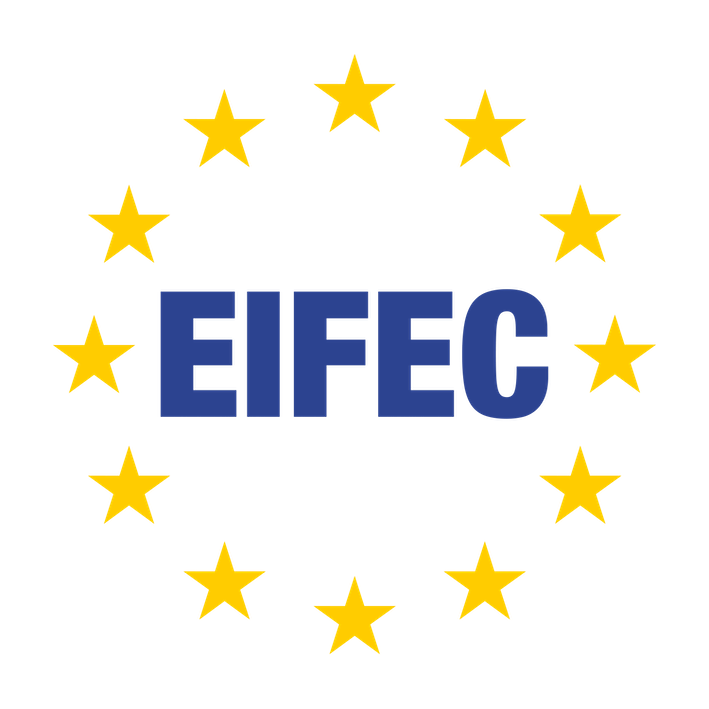CHINA
Compliance Initiative
EU and China
The European Union and China are two of the biggest traders in the world. China is now the EU's second-biggest trading partner behind the United States and the EU is China's biggest trading partner.
The EU's China policy is defined by the Elements for a new EU strategy on China and Council Conclusions EU Strategy on China which were recently reviewed in the EU-China Strategic Outlook. Together these documents reflect the fundamental premises of EU's engagement: promotion of democracy, rule of law, human rights, and respect for the UN Charter and international law, with the pursuit for reciprocal benefits in political and economic relations. (EEAS - European Union External Action)
The EU is committed to open trading relations with China. However, the EU wants to ensure that China trades fairly, respects intellectual property rights and meets its obligations as a member of the World Trade Organization (WTO)
When China joined the WTO in 2001 it agreed to reform and liberalise important parts of its economy.
While China has made progress, some problems remain:
- A lack of transparency;
- industrial policies and non-tariff measures that discriminate against foreign companies;
- strong government intervention in the economy, resulting in a dominant position for state-owned firms, unequal access to subsidies and cheap financing, and;
- poor protection and enforcement of intellectual property rights.
China is perceived as the main new challenge/ threat due to the world dominance seeking attitude.
Specific restrictive measures in relation to the events at the Tiananmen Square protests of 1989
The EU imposed an arms embargo on China (excluding Hong Kong) by a Council Declaration at the Madrid European Council on 26/27 June 1989, in response to what the EU described as the “brutal repression” taking place in China.
The EU also called on China to put an end to executions and to its repressive actions “against those who legitimately claim their democratic rights”, and to respect human rights generally.
Specific restrictive measures in relation to the events at the Tiananmen Square protests of 1989
The EU imposed an arms embargo on China (excluding Hong Kong) by a Council Declaration at the Madrid European Council on 26/27 June 1989, in response to what the EU described as the “brutal repression” taking place in China.
The EU also called on China to put an end to executions and to its repressive actions “against those who legitimately claim their democratic rights”, and to respect human rights generally.
EU has imposed recently the first sanctions under cyber-attack regime.
EU has restricted exports to Hong Kong of equipment for internal repression.
Germany has also announced that it will immediately cease exports of military equipment and sensitive dual-use goods to Hong Kong, and that exports to Hong Kong will now be treated in the same way as mainland China.
We will boost all initiatives to promote the culture of Export Compliance as essential to do business “playing by the rules” to improve international relationships and security.

